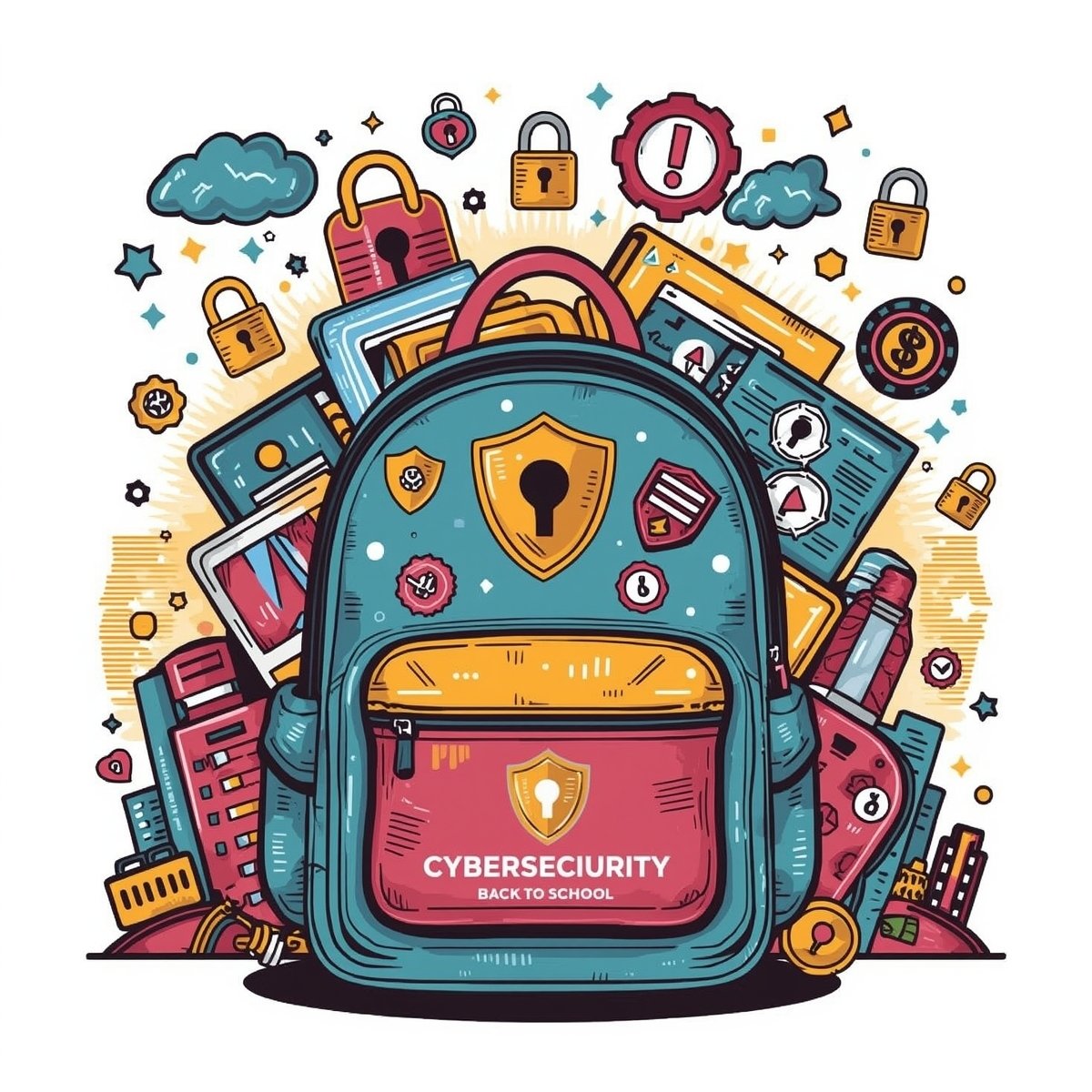The United States government is once again raising concerns about the popular social media app, TikTok, and threatening to ban it from the country. This development comes after years of negotiations between TikTok and the US government, with the latest demand being that the app's Chinese owners sell their stake in the platform. So why does TikTok worry the government? Let's dive into the concerns surrounding the app and its potential impact on national security.
One of the primary concerns revolves around data privacy and the possibility of the Chinese government accessing US user data. Some in Washington worry that TikTok could be used as a tool by the Chinese government to spy on American users or spread propaganda to a US audience. The underlying fear is that any company operating in China ultimately falls under the jurisdiction of the Chinese Communist Party, raising questions about data security and privacy.
While these concerns are not unique to TikTok, they highlight the broader worries surrounding social media platforms and their influence on younger users. The potential for harmful disinformation and the risk of leading users down harmful rabbit holes are issues that lawmakers are increasingly concerned about.
Interestingly, this is not the first time TikTok has found itself in hot water with the US government. Back in 2020, the Trump administration threatened to ban TikTok unless it was sold to a US-based company. Oracle and Walmart were suggested as potential buyers, sparking a legal battle and accusations of xenophobia. Ultimately, the Biden administration rescinded the Trump-era executive order but replaced it with a broader directive aimed at investigating technology linked to foreign adversaries, including China.
TikTok's CEO, Shou Chew, has repeatedly addressed lawmakers' concerns, stating that the Chinese government has never asked for US user data. He emphasized that all US user data is stored in the Oracle Cloud infrastructure and is controlled by US personnel. Chew also highlighted that misinformation and propaganda have no place on the TikTok platform, as it would be detrimental to their business and user expectations.
However, the worry remains that TikTok and its parent company, ByteDance, may have ties to the Chinese government, which raises questions about potential leverage and influence. Privacy and security researchers have examined TikTok's app and found it to be similar to other social networks in terms of data collection and communication with company servers. While this still involves the gathering of personally revealing information, it doesn't necessarily imply malicious intent or spyware.The ban on TikTok has already been implemented in several countries. India banned the app in 2020 following a border clash with China, disconnecting millions of users. Other countries, including the United States, Canada, and the United Kingdom, have banned TikTok on official government devices. President Joe Biden signed legislation prohibiting TikTok on federal government mechanisms, and many US states have followed suit at the state level.
In response to the US government's demand for divestiture, TikTok has argued that a change in ownership would not solve the problem of protecting national security. They advocate for transparent, US-based protection of user data and systems, along with third-party monitoring and verification.
The battle between TikTok and the US government continues, highlighting the ongoing concerns about data privacy, national security, and the influence of foreign-owned social media platforms. As the discussions unfold, it remains to be seen how these concerns will shape the future of TikTok in the United States given that Tik Tok has also been banned in China, where it has been replaced by another version of the same as Facebook and Instagram




